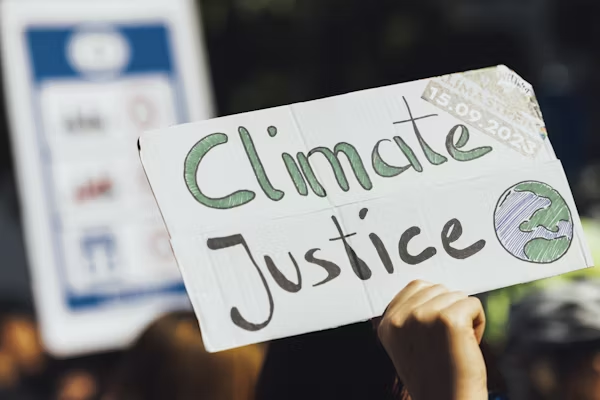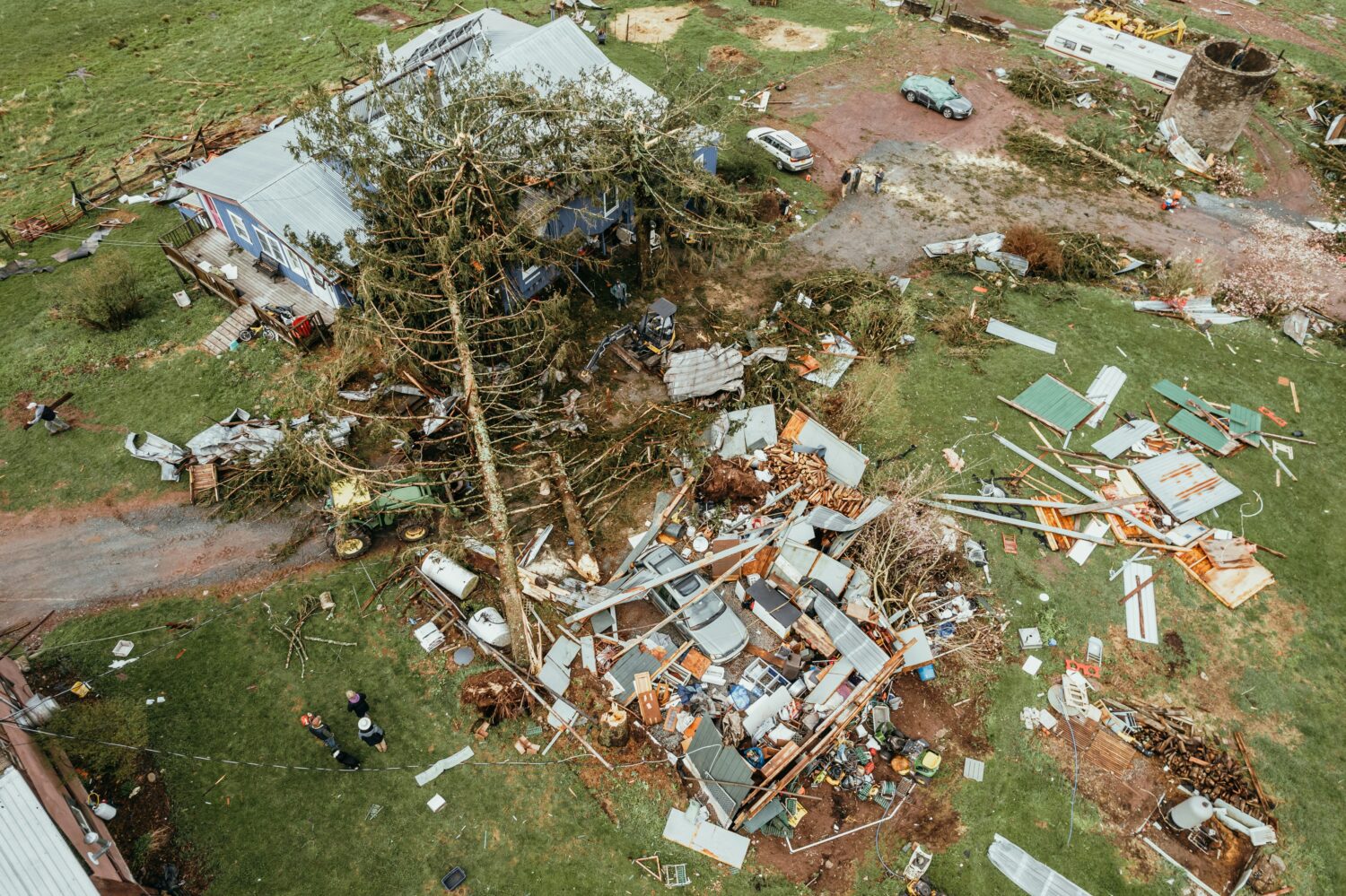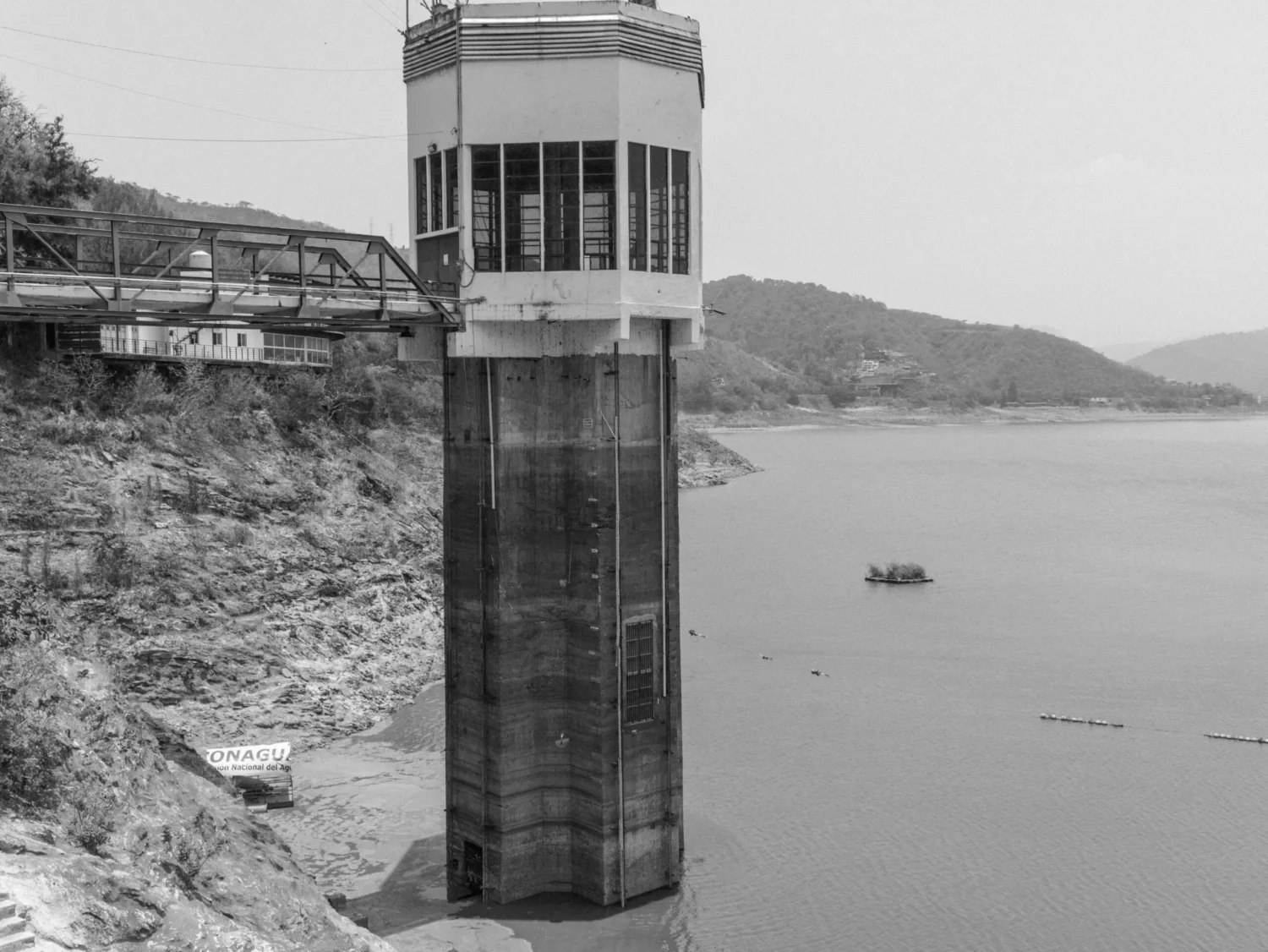The analysis of global catastrophic events often occurs in isolation, simplifying their study. In reality, risks cascade and interact. Therefore, it is essential to consider the interconnected nature of global risks. This investigation explores the interplay between nuclear winter and planetary boundaries. It may seem reasonable to assume that respecting planetary boundaries, which define a safe operating space for the planet, is preferable before a nuclear war. However, that does not always seem to be the case. For instance, increased nitrogen emissions today could serve as a nutrient buffer during nuclear winter. Contrastingly, mitigating climate change, means an even larger temperature drop in nuclear winter in comparison with pre-industrial times. This exploratory study also highlights planetary boundaries that could enhance human survival if we adhere to their limits, both presently and after a nuclear war. The best example being biosphere integrity, as conserving it has no direct downsides and would make the Earth system more resilient to resist the shock of a nuclear winter.
Florian Ulrich Jehn
Read full article by Florian Ulrich Jehn in European Geosciences Union





